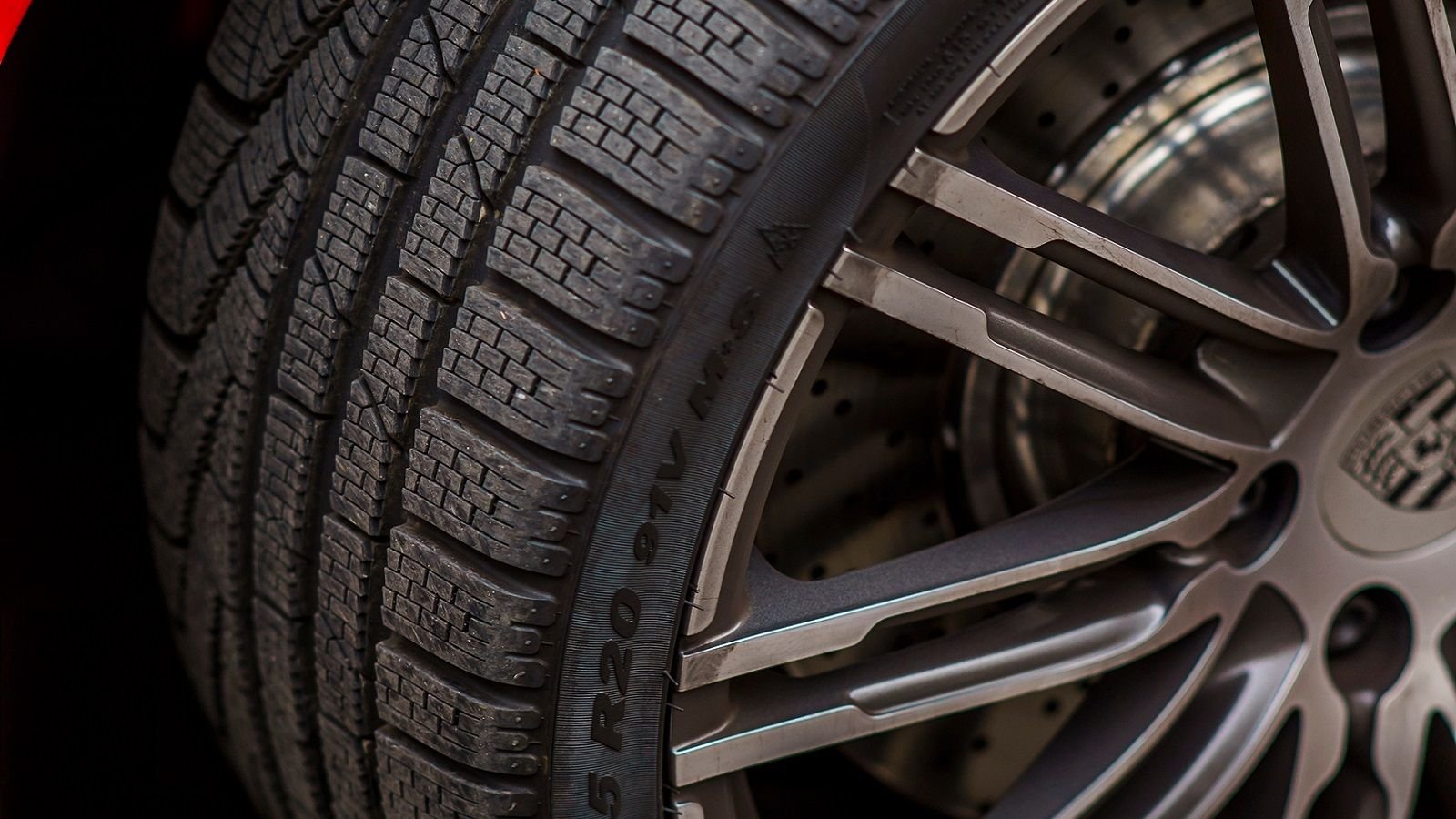6 Things to Know About Winter Tires
Equip your vehicle with the right tires if you choose to brave the elements in your Porsche.












1. Tire Compounds
The rubber compound in summer performance tires greatly differs from those found in all-season or winter tires. A summer tire is designed to operate at higher temperatures (50 degrees Fahrenheit and higher) to provide increased grip levels on dry pavement. While many summer tires can adequately disperse water in wet conditions, the rubber begins to harden and become brittle in temperatures below 45 degrees Fahrenheit, thus limiting traction/grip. Conversely, winter tires are right at home in freezing temperatures because they use special compounds to keep the rubber soft and pliable to provide improved traction and allow for decreased braking distances.
>>Join the conversation about Things to Know About Winter Tires right here in the Rennlist Forum!
2. Tread Design
The tread pattern and tread depth on winter tires are specifically designed to ensure the tires stay in contact with the road no matter the weather conditions. Generally, a winter tire will have a deeper tread depth than the equivalent summer tire as the extra depth provides better traction in soft terrains such as mud or snow. The increased tread depth will typically cause a noticeable increase in tread squirm on dry pavement, but the benefits of the additional depth will help your Porsche traverse terrain that it would otherwise get stuck in if equipped with summer tires. Expect winter tire tread depths to be roughly 1/16" to 1/8" inch deeper than those found on a performance summer tire.
>>Join the conversation about Things to Know About Winter Tires right here in the Rennlist Forum!
3. Sipes
In addition to a deeper tread depth, winter tires will have a significant number of sipes throughout the tread surface of the tire. Sipes sometimes referred to as kerfs, are tiny slits or small cuts designed into a tire to give them a biting edge in extreme conditions. What looks like small razor blade cuts throughout the tread pattern are actually small spaces where water and snow can collect for increased grip at lower speeds, but also work to channel water and prevent hydroplaning at higher speeds. These little guys play a huge role in the performance of any winter tire.
>>Join the conversation about Things to Know About Winter Tires right here in the Rennlist Forum!
4. All-Season Tires ≠ Winter Tires
Many individuals assume that they can eliminate the need to switch from summer to winter tires, and vice versa, by installing a set of all-season tires that can be used all year long. While in theory, this sounds like an excellent, economical plan that may be well suited for a family sedan, all-season tires tend to be an inferior choice for use on your Porsche. All-season tires typically sacrifice the benefits of performance summer tires when driving in dry/warm conditions and do not provide the traction and grip levels of winter tires in the cold and snow. All-season tires tend to harden in freezing cold weather much like summer compounds do, so their performance sharply declines as the mercury drops. An all-season tire may suffice in moderate climates but can struggle in snow and ice conditions. If you see severe weather conditions in your area and intend to drive your car throughout the year as Porsche intended, plan on investing in a set of winter tires.
>>Join the conversation about Things to Know About Winter Tires right here in the Rennlist Forum!
5. Mix & Match
A common question among winter tire buyers is whether they can buy only two tires for rear drive axles or steer axles while still leaving two summer tires on the other. Simply put, it is not a good idea to mix summer and winter tires because, as mentioned, different tires will have significant traction, handling, and braking characteristics that can cause stability and control issues. Additionally, mixing tires has been known to disrupt proper anti-lock brake system functionality as well as affect the Porsche Stability Management System (PSM). As if these reasons were not enough to refrain from mixing tires, the full set of summer tires would not wear evenly as two of them would be used throughout the winter months and would need replacing sooner than the other unused tires.
>>Join the conversation about Things to Know About Winter Tires right here in the Rennlist Forum!
6. Are Winter Tires Necessary?
The most obvious question for anyone considering a set of winter tires is to ask themselves whether or not they will drive their Porsche during the winter. If you do drive your car in the winter months and your area sees any type of snow, you are definitely going to want to have a set of winter tires installed on the car. For areas that do not see consistent snowy or icy days, consider if the temperature will regularly be below 45 degrees. If so, plan on getting a set of winter tires, but otherwise, your set of performance summer tires should be sufficient for year around usage.
To find the appropriate winter tires for your car as recommended by Porsche, see their Winter Tire Overview for current models (2005+) and their Classic Winter Tire Overview (Pre-2005).
>>Join the conversation about Things to Know About Winter Tires right here in the Rennlist Forum!
If you need help getting your Porsche ready for the track, or putting it away for winter, check out the how-to section of Rennlist.com.
